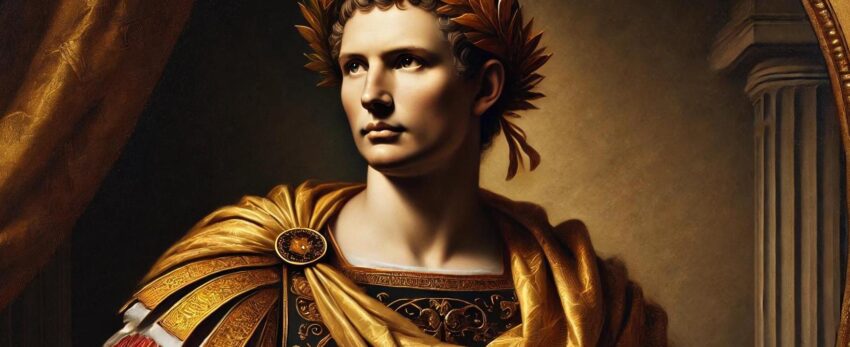Historical Interpretations and Depictions
Historical interpretations and depictions of the Roman Republic’s transformation into the Roman Empire have varied greatly over the centuries. Historians, artists, and writers have long grappled with the complex causes and consequences of this pivotal period in Western history.
Ancient sources provide the earliest interpretations. Roman historians such as Livy and Tacitus offer contrasting views. Livy, writing during the early years of the Empire, often idealized the Republic, lamenting its decline while accepting the necessity of Augustus’s reforms. Tacitus, on the other hand, was more critical of the imperial system, highlighting the moral decay and loss of freedom that accompanied the rise of autocracy.
During the Renaissance, interest in classical antiquity revived, and scholars began re-examining Roman history through a humanist lens. Figures like Niccolò Machiavelli in his ‘Discourses on Livy’ praised the virtues of the Roman Republic and viewed its collapse as a cautionary tale of power’s corrupting influence. This period saw a romanticization of Republican ideals and a critical stance toward the Empire’s autocratic nature.
The Enlightenment brought another wave of reinterpretation. Philosophers such as Montesquieu and Edward Gibbon analyzed the Roman Republic and Empire to draw lessons for their contemporary societies. Gibbon’s seminal work, ‘The History of the Decline and Fall of the Roman Empire,’ argued that the Republic’s fall was due to internal weaknesses exacerbated by the Empire’s expansive nature. His work emphasized the role of moral and civic decay in Rome’s downfall.
In the 19th and early 20th centuries, the study of Roman history became more systematic and professionalized. Historians like Theodor Mommsen, who won the Nobel Prize for his ‘History of Rome,’ provided detailed analyses of Rome’s political and legal institutions. Mommsen viewed the Republic’s transformation as a complex process driven by social and economic factors, rather than a simple decline and fall narrative.
Modern interpretations continue to evolve, incorporating interdisciplinary approaches and new methodologies. Social historians focus on the experiences of ordinary Romans, examining how the shift from Republic to Empire affected various social strata. Archaeological discoveries have also enriched our understanding, providing tangible evidence of how Roman society changed during this period.
Depictions of this historical transition in popular culture have varied widely. Shakespeare’s ‘Julius Caesar’ dramatizes the moral and political dilemmas of the Republic’s final days, focusing on themes of betrayal and ambition. In film and television, productions like ‘Rome’ and ‘I, Claudius’ explore the personal and political intrigues of key historical figures, blending historical fact with artistic license.
The legacy of Rome’s transformation continues to resonate. The Republic’s ideals of civic duty and republicanism have influenced modern democratic thought, while the Empire’s administrative innovations have left a lasting mark on governance and law. As historians and artists revisit this era, they contribute to an ongoing dialogue about power, governance, and the complexities of historical change.
 |
 |
 |


